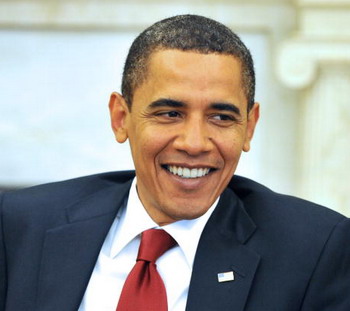China on Tuesday rejected US President Barack Obama's criticism of its failure to take a tough stance on North Korea's apparent sinking of a South Korean warship, DPA reported.
"China's stance and efforts are fair and irreproachable. We will not do things like pouring oil on the fire," Foreign Ministry spokesman Qin Gang said when asked about Obama's comments.
"China borders on the Korean Peninsula and we have our own feeling on the issue, different from that of the countries tens of thousands miles away," Qin said. "We have more direct and intense concerns."
An international inquiry found that North Korea torpedoed and sank the South Korean warship the Cheonan on March 26.
North Korea has denied it was behind the attack, and China has refused to allocate blame.
Speaking in Toronto on Sunday, Obama said he understood Chinese President Hu Jintao's need to show restraint towards China's neighbour and ally, but "there's a difference between restraint and willful blindness to consistent problems."
Obama said he was "very blunt" on the matter when he met with Hu Saturday on the sidelines of a Group of 20 nations summit.
Qin said China would "not be partial to any party, but make objective judgements in line with the facts."
He said the international community must avoid "intensification or confrontation" and "deal with the Cheonan incident through dialogue and consultations."
Qin said China remained committed to negotiating the end of North Korea's nuclear weapons programme via the stalled six-party process that has also involved the United States, South Korea, Japan and Russia.
South Korea brought the issue of the Cheonan sinking to the United Nations Security Council, which has struggled to reach agreement on a resolution because of China's reluctance to condemn its neighbour.
China and the United States are two of the five veto-wielding permanent members of the Security Council, along with Britain, France and Russia.
China rejects Obama's criticism on North Korea
China on Tuesday rejected US President Barack Obama's criticism of its failure to take a tough stance on North Korea's apparent sinking of a South Korean warship.






